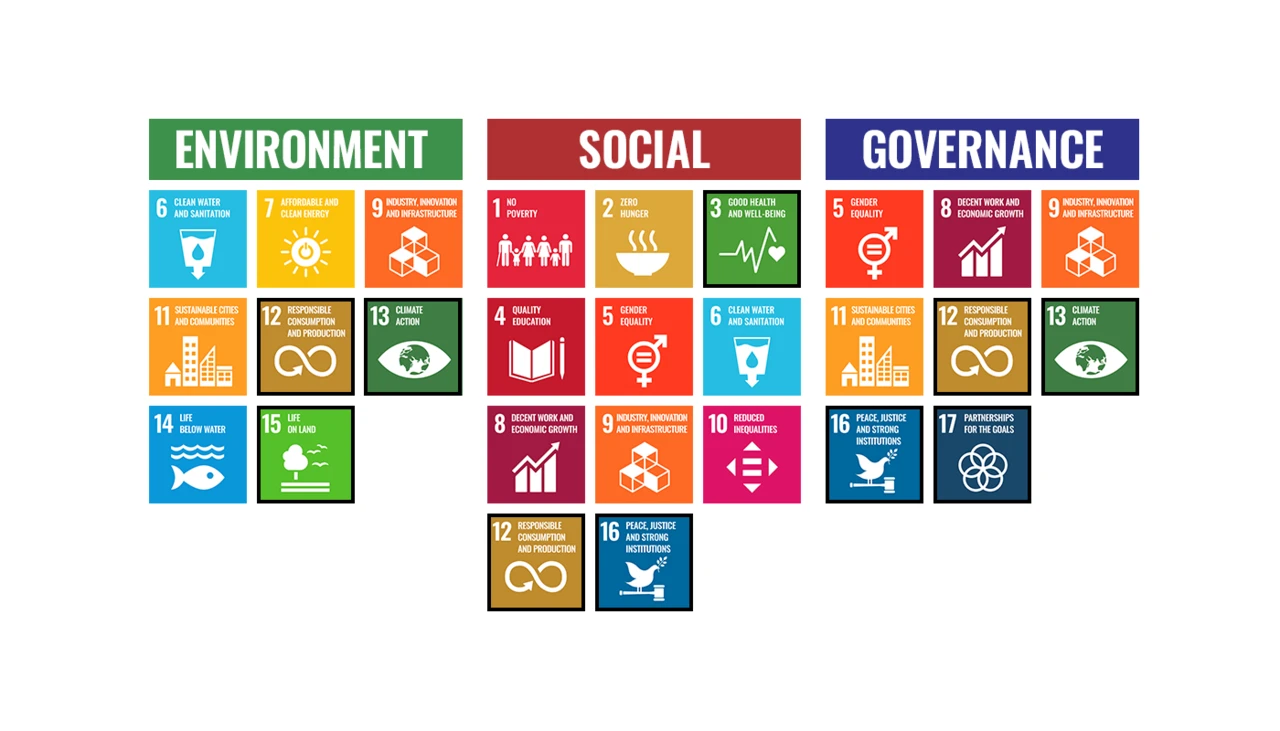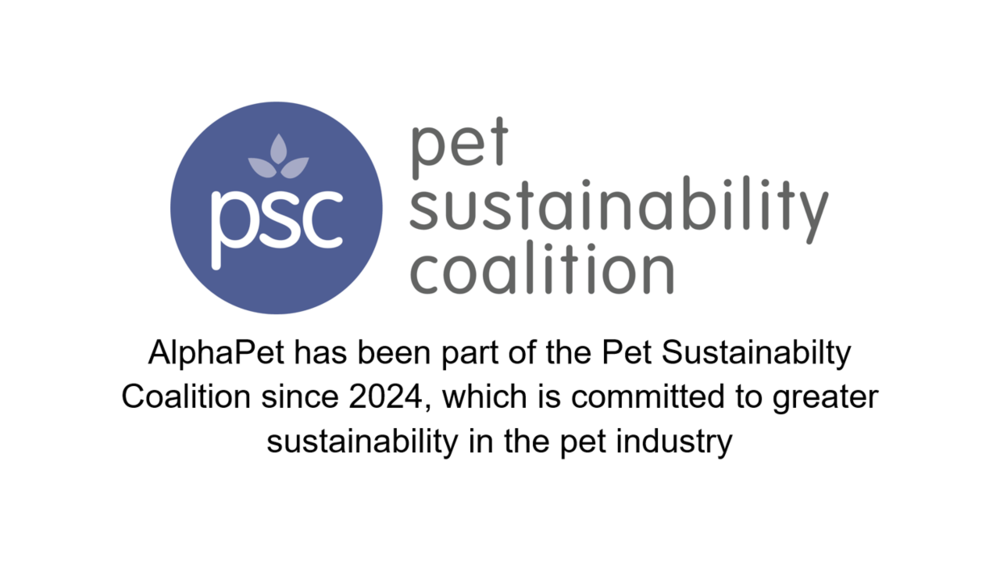Choose your language
Environmental, Social & Governance
ESG strategy
AlphaPet's ESG strategy is based on operational standards for environment, social and governance.
Every year, AlphaPet reviews its ESG-related measures and the resulting potential with one of the Big 4 consulting firms. The continuous development and improvement of the ESG strategy has a high priority and should be transparent for all our stakeholders. Since 2022, AlphaPet has formed an independent ESG team for this purpose, which implements the topics and projects in a structured manner in the departments.
The goal is to reduce the ecological footprint as well as to strengthen the social and governance structures in order to contribute to a more sustainable world with our brands and to promote a future-oriented corporate culture. In this way, we aim to address current and future social challenges and move the market through many small changes.

Environmental
In the area of ecology, the greatest sustainability potentials along the value chain have already been identified and their implementation has been implemented in our sustainability strategy.
Today, all AlphaPet sites are already equipped with state-of-the-art technologies and, in some cases, photovoltaic systems. Likewise, plastic is no longer used for outer packaging, but only paper and cardboard. When selecting partners, care is taken to ensure that producers use resources sparingly and are certified according to the IFS standard.
AlphaPets Environmental Milestones:
- Preparation of the first climate balance sheet for the entire company
- Implementation of an environmental policy and creation of documentation processes
- Development and promotion of sustainable products in the portfolio
- Detailed analysis of environmental impacts along the complete value chains


Social
AlphaPet relies on a teamwork-oriented corporate culture based on lived values. The promotion of equality, diversity and anti-discrimination as well as occupational health and safety are central aspects of our culture. Through the careful selection of partners as well as intensive exchange with suppliers, we also want to pursue these topics along the entire value chain.
Furthermore, AlphaPet sees itself as an active part of society (national, European as well as global). Especially when crises require solidarity. Furthermore, AlphaPet is especially concerned about our four-legged friends. Here, regular commitments are part of our self-image.
AlphaPets Social milestone:
- Development of an employee Code of Conduct
- Development of a supplier Code of Conduct
- Constant further development and promotion of employee attractiveness
Governance
Our management structures are characterized by flat hierarchies and collective decision-making. Decision-making is based on clear responsibilities, risk analyses, compliance with rules and digitalized processes. Thus, orderly governance and compliance mechanisms can be found at all management levels. The onboarding process, as well as additional training, promotes understanding and acceptance among employees for sensitive topics.
AlphaPets Governance milestones:
- Development of a governance code of conduct
- Promotion of in-depth compliance training
- Deeper stakeholder analysis

